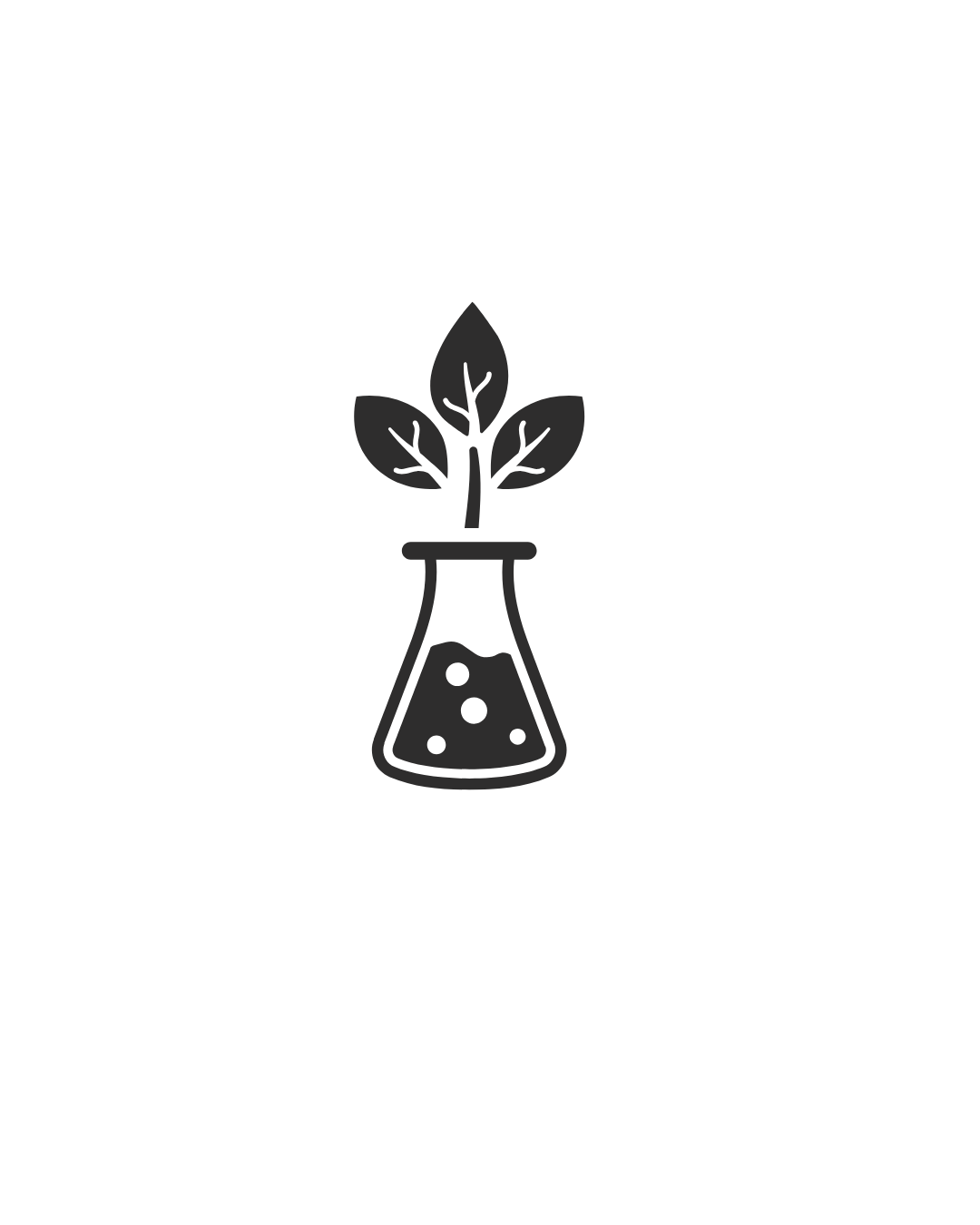Description
A Bachelor of Science (B.Sc) (Honours) in Botany is an undergraduate degree focused on the study of plants, their biology, ecology, physiology, and relationships with the environment and other organisms. This program equips students with a deep understanding of plant science, which has applications in agriculture, horticulture, conservation, and various biotech industries.
Program Overview
Duration: Typically takes 3 to 4 years to complete, depending on the institution and country.
Mode: Available in full-time, part-time, or online formats.
Eligibility: Generally requires a high school diploma with a strong background in biology and chemistry.
Core Curriculum
The curriculum for a B.Sc (Honours) in Botany typically includes a combination of core courses, practical laboratory work, and possibly field studies. Key subjects often covered include:
General Botany: Introduction to the study of plants, including plant classification, anatomy, and physiology.
Plant Physiology: Exploration of the functions and processes of plants, including photosynthesis, respiration, and nutrient uptake.
Plant Ecology: Study of plant interactions with their environment, including ecosystems, biodiversity, and conservation issues.
Plant Taxonomy: Examination of plant classification systems and identification techniques, focusing on both flowering and non-flowering plants.
Mycology: Study of fungi, their role in ecosystems, and their relationships with plants and humans.
Plant Molecular Biology: Investigation of molecular mechanisms and genetic regulation in plants, including biotechnology applications.
Plant Pathology: Understanding plant diseases, their causes, and methods for management and control.
Ecological Methods: Training in research methods for studying plant populations and communities in natural and anthropogenic environments.
Ethnobotany: Exploration of the relationships between people and plants, including the use of plants in medicine, culture, and sustainability.
Skills Developed
Laboratory Skills: Hands-on experience with techniques like microscopy, plant tissue culturing, and biochemical assays.
Fieldwork Skills: Practical skills in conducting field surveys, plant identification, and ecological assessments.
Analytical Skills: Ability to analyze data related to plant biology and ecology, employing statistical methods and scientific reasoning.
Research Skills: Experience in conducting independent research projects, including literature reviews, hypothesis formulation, and data analysis.
Communication Skills: Development of the ability to present findings clearly through reports, presentations, and scientific writing.
Career Opportunities
Graduates with a B.Sc (Honours) in Botany can pursue various career paths, including:
Plant Scientist: Conducting research on plant biology, physiology, or ecology in academic or governmental research institutions.
Agronomist: Working in agriculture to improve crop production, studying plant genetics, and implementing sustainable farming practices.
Horticulturist: Specializing in the cultivation and management of plants for landscapes, gardens, or commercial purposes.
Conservation Biologist: Focusing on the preservation of plant species and habitats, contributing to biodiversity conservation efforts.
Plant Pathologist: Diagnosing and managing plant diseases in agriculture, forestry, or horticulture.
Environmental Consultant: Providing expertise on vegetation management and environmental impact assessments.
Education and Outreach: Teaching or developing educational programs related to plant science and ecology in schools, museums, or community organizations.
Benefits of Pursuing a B.Sc (Honours) in Botany
Interdisciplinary Approach: Combines aspects of biology, ecology, and environmental science, fostering a holistic understanding of life sciences.
Diverse Career Options: Equips students with knowledge and skills applicable in various sectors such as agriculture, conservation, teaching, and research.
Contribution to Sustainability: Plays a crucial role in addressing environmental challenges and promoting sustainable practices.
Additional Considerations
When considering a B.Sc (Honours) in Botany:
Accreditation: Ensure the program is accredited by relevant educational authorities and meets professional standards in botany and plant sciences.
Research Opportunities: Seek programs that offer opportunities for undergraduate research, fieldwork, or internships to gain practical experience.
Networking: Engage with botanical societies and organizations for networking, internships, and career development opportunities.
If you have specific questions about the program, its courses, or potential career paths in Botany, feel free to ask!









